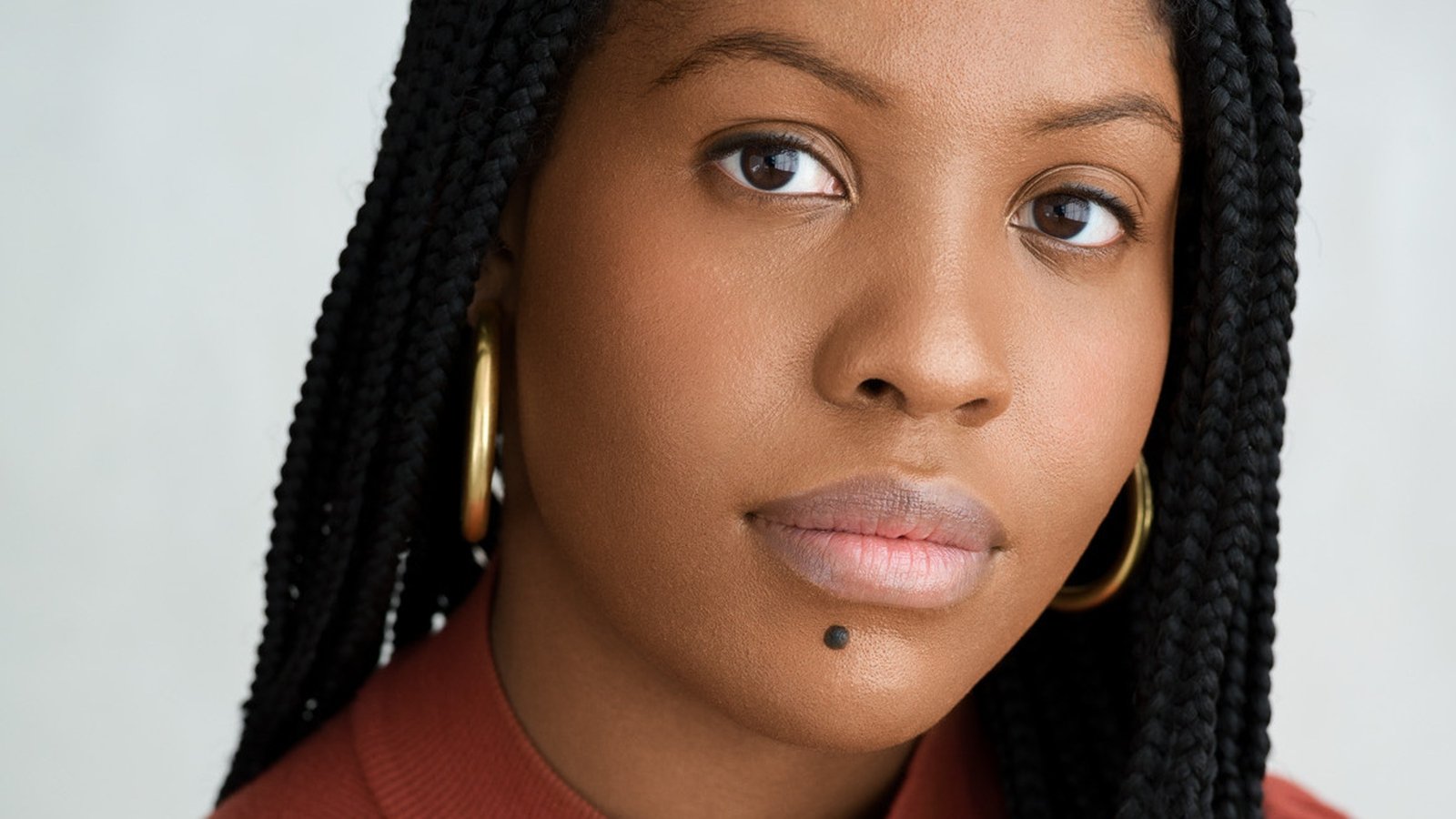


Their first date is at an amusement park, with a “high-fructose sun.” They ride the roller-coaster, and it is hard not to see a metaphor already.One reason that the novel, despite so many tedious predictions to the contrary, stubbornly refuses to die is that the world that fiction helps us see keeps shifting shape. Edie – like the reader – is aware that he is married. How he absolutely refuses to say the word black.” Likewise, the age-gap is ameliorated by “more stable finances and a different understanding of the clitoris… the potent drug of a keen power imbalance.” But the mutual desire has some complications.

Is it a kind of comedy of manners, a wry dissection? There is a cringe-inducing moment where she notes “how he cautiously says African-American. She analyses their relationship, and the different attitudes towards the body, in the very moment of experiencing it. "You are not a dozen gerbils in a skin casing,” she consoles herself. But it’s more subtle than that, as there is a very precise anxiety about the reality of desire. The title is almost a gauntlet from the outset: what happens when shimmers and desires fade?Īt the end of the first chapter I think the reader is entitled to ask “What kind of novel is this, exactly?” Parts are almost like early Philip Roth in the unabashed descriptions of sexuality that almost dare the reader to be embarrassed (the beginning includes finger-sucking, Eric calling Edie a “f***ing slut,” details about what type of batteries her vibrator takes and so on). The thematic call-and-response is set up from the outset: even before they meet in person they have the haunted varnish of the screen, part projection and part reflection. He is uptown processing a new bundle of microfiche and I am downtown handling corrections for a new Labrador detective novel.” Although the novel is full of people being polished, buffed and about acquired sheen or the lack thereof, it is also about people who lust. “The first time we have sex we are both fully clothed, at our desks, during working hours, bathed in blue computer light.

As a pedant I wondered “Why Luster?” – an acceptable, mostly American variant for the quality of gleaming – and not Lustre? The opening sentences provides a clue. Although it comes festooned with well-deserved advance praise from Zadie Smith, Candice Carty-Williams, Jessie Burton and Diana Evans, to name but four, what piqued my interest about Raven Leilani’s debut was the title.


 0 kommentar(er)
0 kommentar(er)
